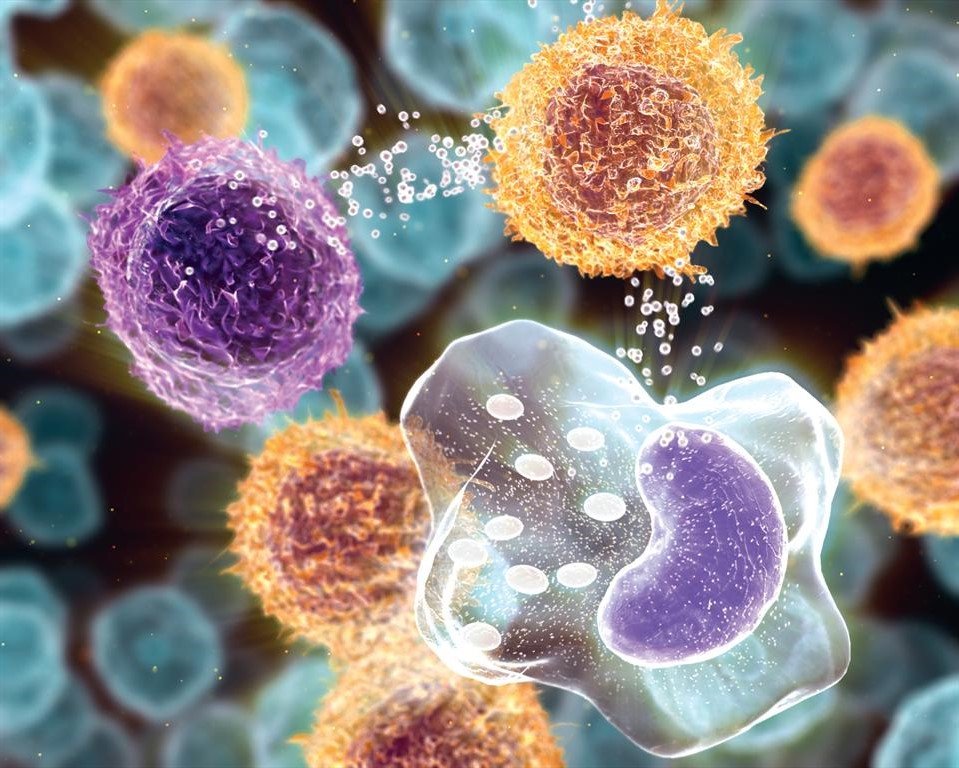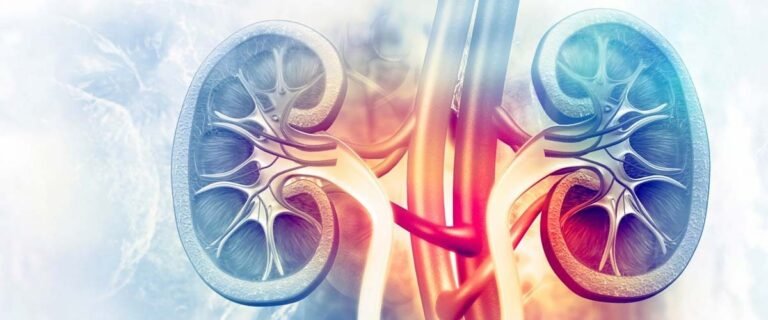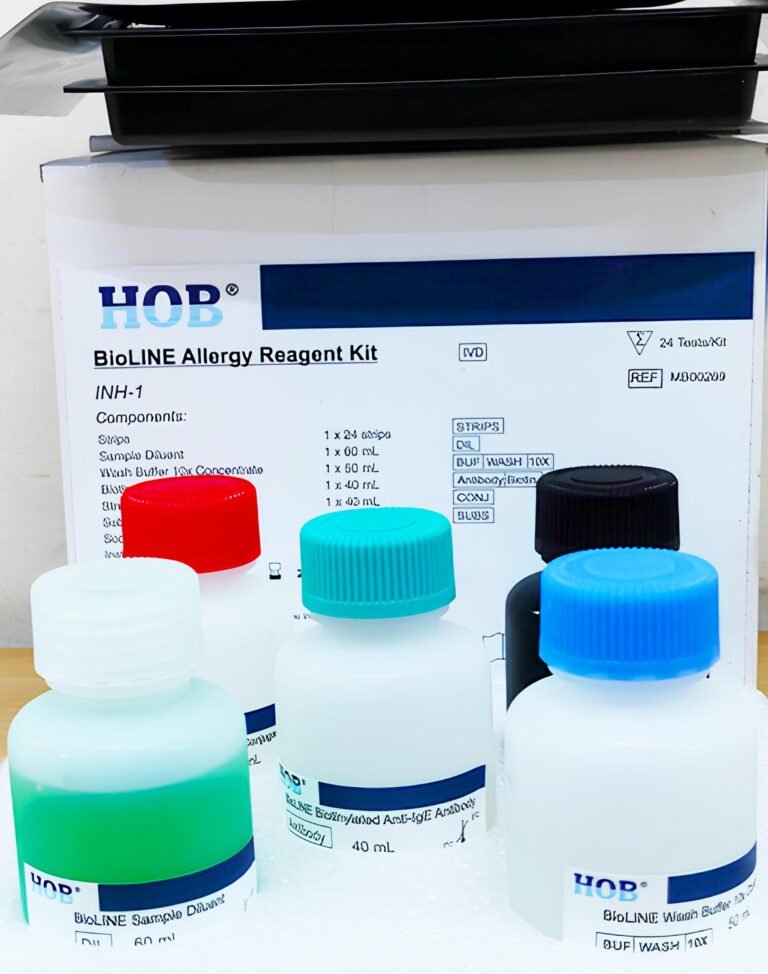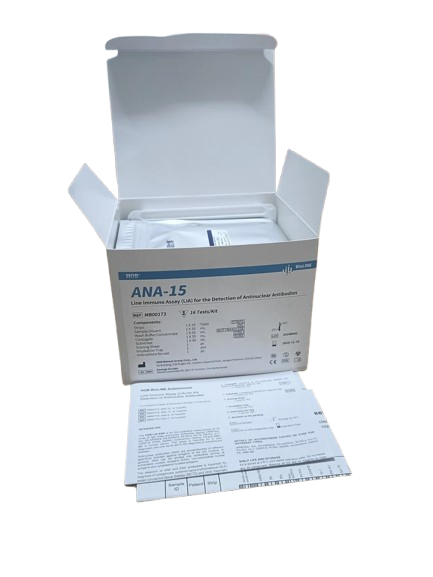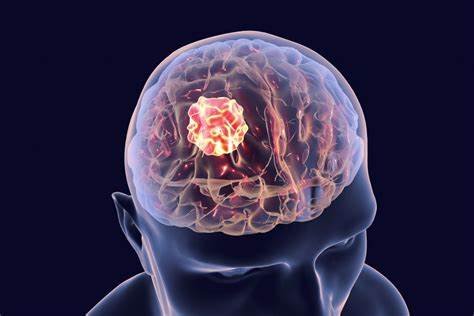Understanding Cytokines: The Master Regulators of the Immune System
Cytokines are small proteins that play a pivotal role in cell signalling. These powerful molecules are crucial in orchestrating the immune response, regulating inflammation, and mediating communication between cells. In this blog post, we’ll explore the fascinating world of cytokines, discussing their types, functions, and significance in health and disease.
What are Cytokines?
Cytokines are a broad category of small proteins (~5–20 kDa) that are secreted by cells, primarily immune cells like macrophages, B cells, T cells, and mast cells. They act as messengers to facilitate communication between cells, triggering a range of responses depending on the type and location of the cells they interact with. Cytokines can be broadly classified based on their function and the type of immune response they mediate.
Types of Cytokines
- Interleukins (ILs): These cytokines are produced by leukocytes and play diverse roles in the immune response, including cell activation, differentiation, and proliferation. For instance, IL-2 promotes T-cell proliferation, while IL-6 is involved in inflammation and infection responses.
- Interferons (IFNs): Named for their ability to “interfere” with viral replication, interferons are crucial for antiviral defence. IFN-alpha and IFN-beta are involved in the innate immune response, while IFN-gamma activates macrophages and promotes adaptive immunity.
- Tumour Necrosis Factors (TNFs): These cytokines are primarily involved in systemic inflammation. TNF-alpha, for example, is a key mediator of the inflammatory response in autoimmune diseases and infections.
- Chemokines: These small cytokines induce chemotaxis in nearby responsive cells. They guide the migration of immune cells to sites of infection or injury. Examples include CXCL8 (IL-8), which attracts neutrophils to infection sites.
- Growth Factors: While not always classified strictly as cytokines, growth factors like transforming growth factor-beta (TGF-beta) play significant roles in regulating immune responses and cellular growth.
Functions of Cytokines
Cytokines are involved in virtually every aspect of the immune response:
- Immune Cell Recruitment: Cytokines like chemokines attract immune cells to infection or injury sites, ensuring a rapid and targeted immune response.
- Inflammation Regulation: Pro-inflammatory cytokines (e.g., TNF-alpha, IL-1) promote inflammation to fight infections, while anti-inflammatory cytokines (e.g., IL-10) help resolve inflammation to prevent tissue damage.
- Cell Differentiation and Proliferation: Cytokines like IL-2 and IL-4 stimulate the growth and differentiation of T cells and B cells, tailoring the immune response to specific pathogens.
- Antiviral Defence: Interferons activate antiviral pathways within cells, enhancing their ability to combat viral infections.
Cytokines in Health and Disease
While cytokines are essential for a healthy immune response, their dysregulation can lead to various diseases:
- Autoimmune Diseases: Overproduction of pro-inflammatory cytokines can lead to chronic inflammation, as seen in rheumatoid arthritis, multiple sclerosis, and lupus.
- Infectious Diseases: Pathogens can manipulate cytokine responses to evade the immune system. Conversely, a hyperactive cytokine response, known as a “cytokine storm,” can cause severe tissue damage in infections like COVID-19.
- Cancer: Cytokines play dual roles in cancer, with some promoting tumour growth and others enhancing anti-tumour immunity. Therapeutic manipulation of cytokines is a growing area of cancer treatment research.
- Allergies and Asthma: Dysregulated cytokine responses to harmless antigens can lead to allergic reactions and chronic conditions like asthma.
Therapeutic and Research Applications
Given their central role in immune regulation, cytokines are targets for various therapeutic interventions:
- Cytokine Therapies: Recombinant cytokines, like interferons and interleukins, are used to treat diseases such as hepatitis, multiple sclerosis, and certain cancers.
- Cytokine Inhibitors: Drugs that block specific cytokines, such as TNF inhibitors for rheumatoid arthritis, are effective in managing autoimmune and inflammatory diseases.
- Diagnostic Tools: Measuring cytokine levels using assays like ELISA (Enzyme-Linked Immunosorbent Assay) can provide insights into immune function and disease states.
Conclusion
Cytokines are the master regulators of the immune system, orchestrating a complex network of cellular communications that maintain health and combat disease. Their diverse roles and significant impact on immune function make them critical subjects of study in immunology and medical research. By understanding and harnessing the power of cytokines, we can develop better diagnostics, therapies, and ultimately, improve health outcomes across a range of diseases.

